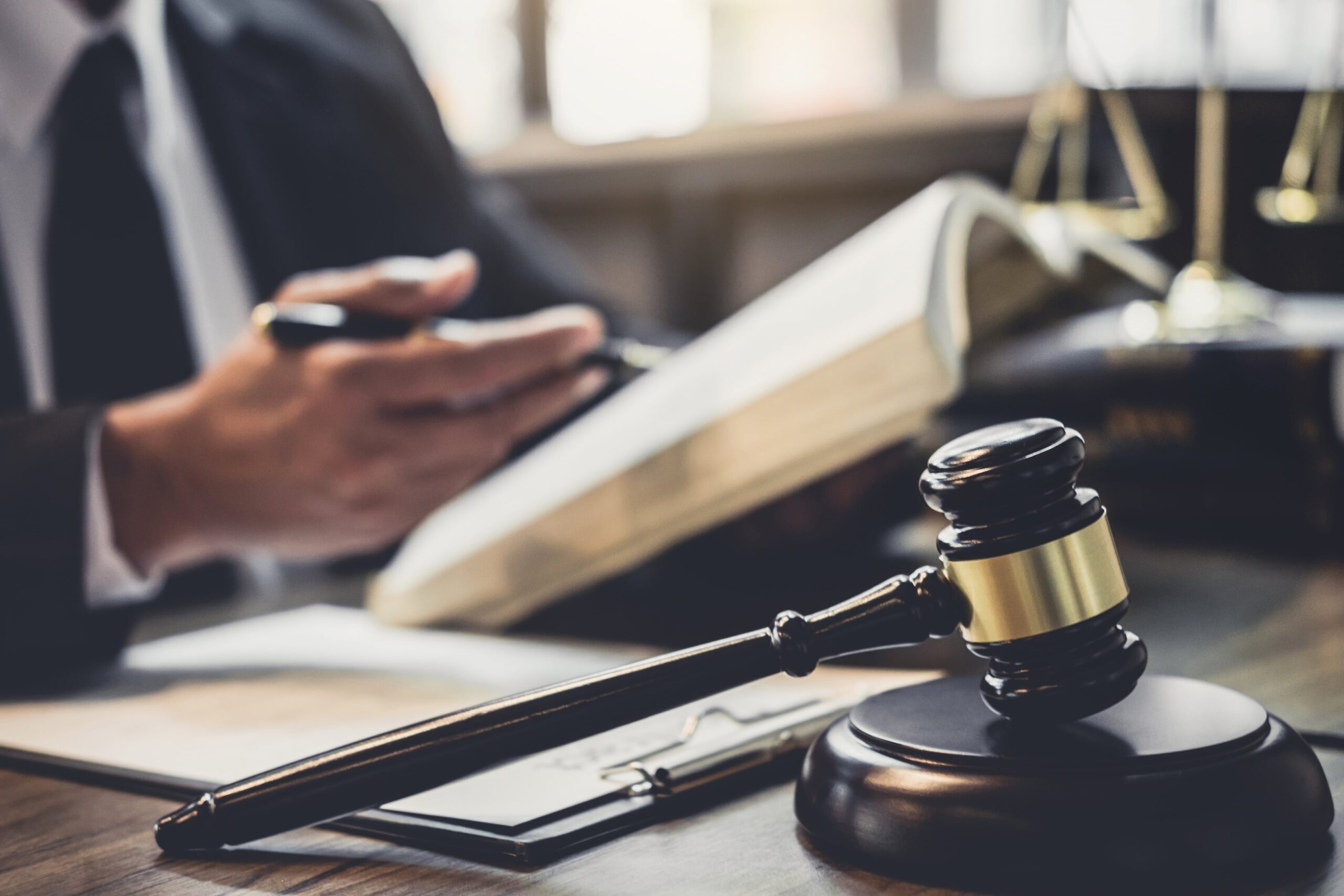5 Vital Things a Witness Should Never Do During a Deposition

5 Things You Should Not Do During Your Deposition
DEPOSITIONS ARE SCARY, BUT YOU CAN BE BETTER PREPARED
Depositions are critical legal proceedings where witnesses provide sworn testimony outside of the courtroom. These testimonies can significantly impact the outcome of a case, making it crucial for witnesses to approach them with care and preparation. While knowing what to say is essential, understanding what not to do can be equally important. Here are five vital things a witness should never do during a deposition:
- Volunteering Information: One of the cardinal rules of depositions is to answer questions truthfully and concisely. However, offering more information than necessary can be detrimental. Witnesses should refrain from volunteering additional details or elaborating beyond the scope of the question. Doing so may inadvertently disclose information that could harm their case or provide ammunition for the opposing counsel.
- Speculating or Guessing: It’s natural to want to provide an answer, even when unsure. However, speculation or guessing during a deposition can be disastrous. Witnesses should only testify to what they know firsthand and avoid making assumptions or conjectures. If uncertain about a question, it’s perfectly acceptable to say, “I don’t know” or “I don’t recall.”
- Arguing with Counsel: Depositions can be intense, with attorneys rigorously questioning witnesses to uncover inconsistencies or weaknesses in their testimony. Despite the pressure, witnesses must remain composed and refrain from arguing with opposing counsel. Engaging in arguments not only reflects poorly on the witness but can also escalate tensions and disrupt the proceedings. It’s essential to maintain a respectful demeanor and address concerns through the proper channels.
- Exaggerating or Minimizing: Honesty is paramount during depositions. Exaggerating facts to strengthen a case or downplaying certain details to mitigate liability can severely undermine credibility. Attorneys are adept at detecting inconsistencies, and any attempts to manipulate the truth can be detrimental to the witness’s credibility and the overall case. Witnesses should stick to the facts, even if they seem unfavorable, as credibility is crucial in legal proceedings.
- Discussing the Case with Others: Witness testimony should be based solely on personal knowledge and experiences. Discussing the case with friends, family, or colleagues during breaks or before the deposition can taint the witness’s recollection and compromise the integrity of their testimony. Additionally, disclosing sensitive information to unauthorized individuals may breach confidentiality or inadvertently alert the opposing party to potential strategies. Witnesses should refrain from discussing the case outside of legal counsel or designated representatives.
You can give a better deposition if you know what not to do
In conclusion, a deposition can be a nerve-wracking experience, but adhering to certain guidelines can help witnesses navigate the process effectively. By avoiding these five critical mistakes—volunteering information, speculating or guessing, arguing with counsel, exaggerating or minimizing, and discussing the case with others—witnesses can contribute to a smoother and more credible deposition, ultimately bolstering their case’s chances of success. Preparation, honesty, and composure are key to ensuring that witness testimony is both reliable and impactful in legal proceedings.











